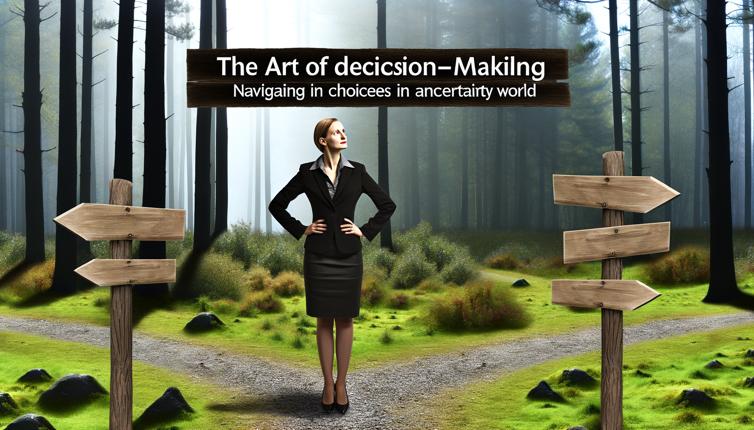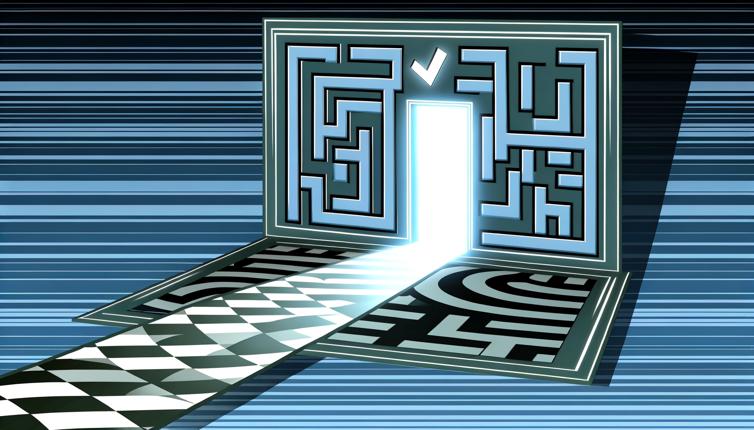Understanding the Decision-Making Process
The decision-making process involves a series of steps that individuals go through to select the best course of action. It starts with identifying the problem or opportunity, followed by gathering relevant information, evaluating alternatives, making a choice, and finally, implementing and reviewing the decision.,Understanding this process can help individuals make more informed decisions by considering all available options and their potential outcomes.
Factors Influencing Decision-Making
Several factors can influence the decision-making process. These include personal values, beliefs, cognitive biases, emotions, and external pressures. It is essential to be aware of these factors and their potential impact on decision-making to make more rational and objective choices.,Additionally, the level of uncertainty surrounding a decision can also affect the decision-making process. In uncertain situations, individuals may rely on intuition or seek additional information to reduce ambiguity and make more confident decisions.
Strategies for Effective Decision-Making
To navigate choices in an uncertain world, there are several strategies that can be employed to improve decision-making:,1. Define and prioritize your goals: Clearly define what you hope to achieve and prioritize your goals to ensure your decisions align with your objectives.,2. Gather relevant information: Seek out accurate and reliable information related to your decision to make an informed choice.,3. Consider multiple perspectives: Take into account different viewpoints and consider the potential consequences of your decision on various stakeholders.,4. Evaluate potential risks and rewards: Assess the potential risks and rewards associated with each alternative to make a balanced decision.,5. Trust your instincts: While relying solely on intuition can be risky, trusting your instincts can be valuable, especially in uncertain situations.,6. Learn from past experiences: Reflect on past decisions and their outcomes to learn from your mistakes and make better choices in the future.,By incorporating these strategies into your decision-making process, you can enhance your ability to navigate choices in an uncertain world.
Conclusion
Decision-making is an essential skill that can greatly impact our personal and professional lives. By understanding the art of decision-making and implementing effective strategies, we can make better choices in an uncertain world. Remember to consider all relevant factors, gather information, and trust your instincts. With practice and experience, you can become a skilled decision-maker and improve the outcomes of your decisions.









